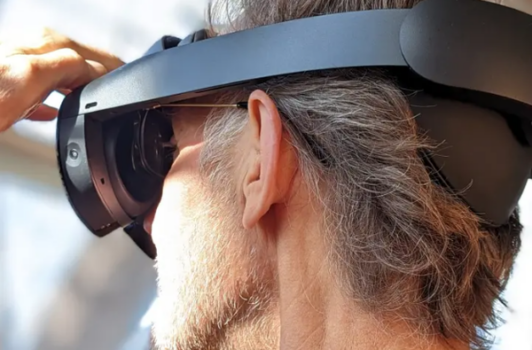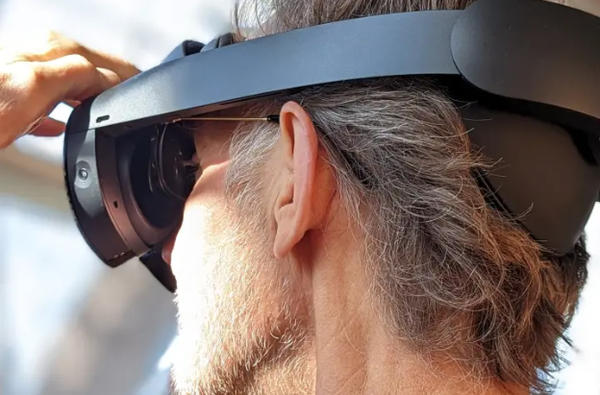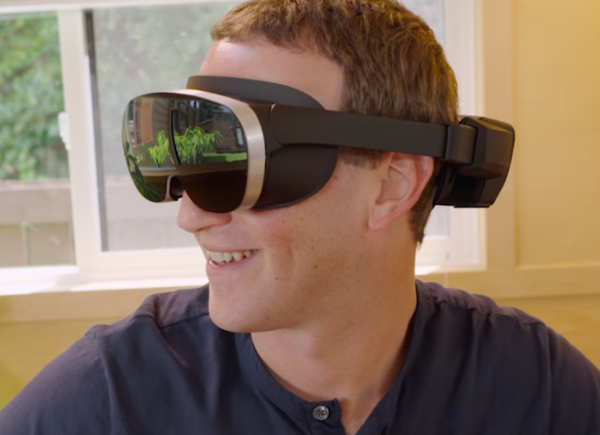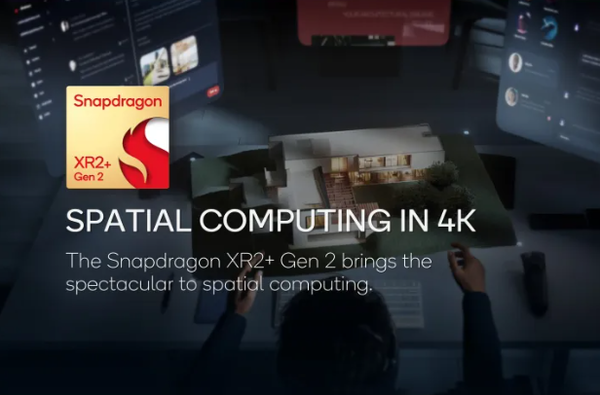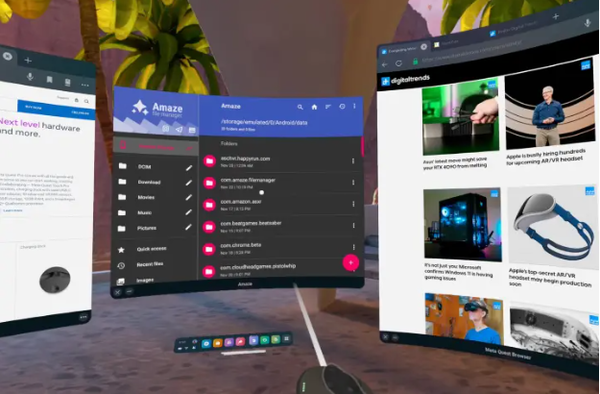CNMO_AD.init();
[Gearbest Technology]Although considered one of the top virtual reality headsets on the market today, the Meta Quest Pro has failed to fully live up to its promise as a disruptive spatial computing device that has the potential to replace traditional laptops.
However, this does not mean that Meta has stopped actively exploring and developing professional-grade immersive solutions. In fact, there are rumors that Meta is intensively preparing its follow-up product, Meta Quest Pro 2.
Cooperation with LG
At the beginning of this year, a piece of news attracted a lot of attention online – Meta CEO Mark Zuckerberg personally visited LG's headquarters to conduct in-depth exchanges on cooperation between the two parties in the field of cutting-edge display technology. Given that Meta has terminated its Portal and other small consumer electronics product lines, its cooperation with LG will naturally focus on two cutting-edge devices: virtual reality (VR) headsets and augmented reality (AR) glasses.
It is understood that the device the two parties are collaborating on is an extended reality (XR) headset using a micro-OLED display. Compared with the OLED screen used in the original Quest, its resolution is relatively low and the refresh rate is limited to 72Hz. In the subsequent Quest 2 product, Meta switched to using LCD screens. This move not only reduced costs, but also significantly improved picture clarity and refresh speed, effectively promoting the upgrade of VR game experience and the practicality of VR work scenes. It is worth noting that LG has publicly announced that it will launch its own mixed reality headset this year.
If LG can achieve a breakthrough in micro-OLED technology and create a display that is brighter, has less motion blur, and has a longer-lasting display than the Vision Pro, it will undoubtedly add important weight to Meta in the competition for XR headsets. .
high performance
Meta and Qualcomm have reached a long-term strategic cooperation agreement to jointly promote the development of Snapdragon XR processors and significantly improve the performance of the Quest platform and Meta smart glasses products. This alliance has resulted in the stunning Quest 3 headset and the innovative Ray-Ban Meta smart glasses, and this marks only the beginning of an in-depth collaboration between the two parties.
Qualcomm has disclosed that it will use a better-performing chip – Snapdragon XR2+ Gen 2 – in the next generation Quest 3 device. The chip not only supports up to four 4K display outputs, but also has powerful CPU and GPU capabilities to ensure smooth operation without delay when handling heavy tasks. In addition, it integrates up to 12 tracking cameras to achieve meticulous eye tracking and hand interaction functions.
Although Quest 3 has shown amazing running speed, there is still a certain gap compared with the Vision Pro equipped with a desktop-level M2 chip. If Meta can give Quest 3 matching performance and visual quality while maintaining the design features of the Quest Pro series, while achieving a lighter weight, then this VR headset is expected to win widespread recognition in the market with its comprehensively upgraded experience. , surpassing the achievements of previous generations of products.
AI technology
Artificial intelligence (AI) technology is expected to play a central role in Meta's virtual reality (VR) strategy, with an impact far beyond ChatGPT's application in text and image generation. As an immersive medium, VR helmets completely break the limitations of the physical world.
Meta AI technology has successfully empowered Ray-Ban smart glasses with image recognition and real-time translation capabilities, the ability to answer current affairs questions, and enable generative conversations within the frame of a stylish, lightweight pair of sunglasses. These results are already impressive, but when we turn our attention to virtual environments completely controlled by computing power, the potential is even more shocking. In the VR world, everything you see and hear is driven by AI. With this kind of intelligence enhancement, in theory, any reasonable imagination can be transformed into a real experience before your eyes.
To describe this prospect concretely, consider the following examples. Meta has demonstrated highly realistic VR avatar technology that, as Shunsuke Saito shared on the X platform, is even more realistic than the latest generation of Vision Pro FaceTime characters. In the past, the key factor limiting the widespread application of advanced technologies like Meta was hardware performance bottlenecks. Nowadays, with the rapid advancement of chip technology and the increasingly complex and sophisticated AI algorithms, real-time rendering of complex scenes has become more feasible, and this restriction is gradually being eliminated.
release time
Previously, Meta technology executive Andrew Boz Bosworth revealed in an Instagram Q&A event that the company is actively developing prototypes of a new generation of VR headsets, aiming to explore the boundaries of what current technology can achieve. This flexible iteration method allows Meta to quickly adapt to technological developments, giving Meta a competitive advantage over companies that need to go through a long research and development cycle before new products are launched.
If Meta is satisfied with the performance of Qualcomm Snapdragon XR2+ Gen 2, and LG can supply sufficient micro-OLED screens on time, then Quest Pro 2 may be officially unveiled as early as October 2024 at the Meta Connect conference. However, this expectation is still subject to many factors, such as the supply status of key hardware components and software development progress.
Recently, multiple updates to the Quest series have shown some positive progress, which indicates that Meta’s Quest and Reality Labs teams are accelerating the pace of innovation. However, if there are any delays in the hardware or software development process, the Quest Pro 2 release date may be pushed back to 2025. Even so, everyone can still look forward to the launch of Quest 3 Lite and Quest 3 this fall.
All rights reserved. No reproduction without permission.
magicCubeFunc.write_ad(“dingcai_top_0”);
